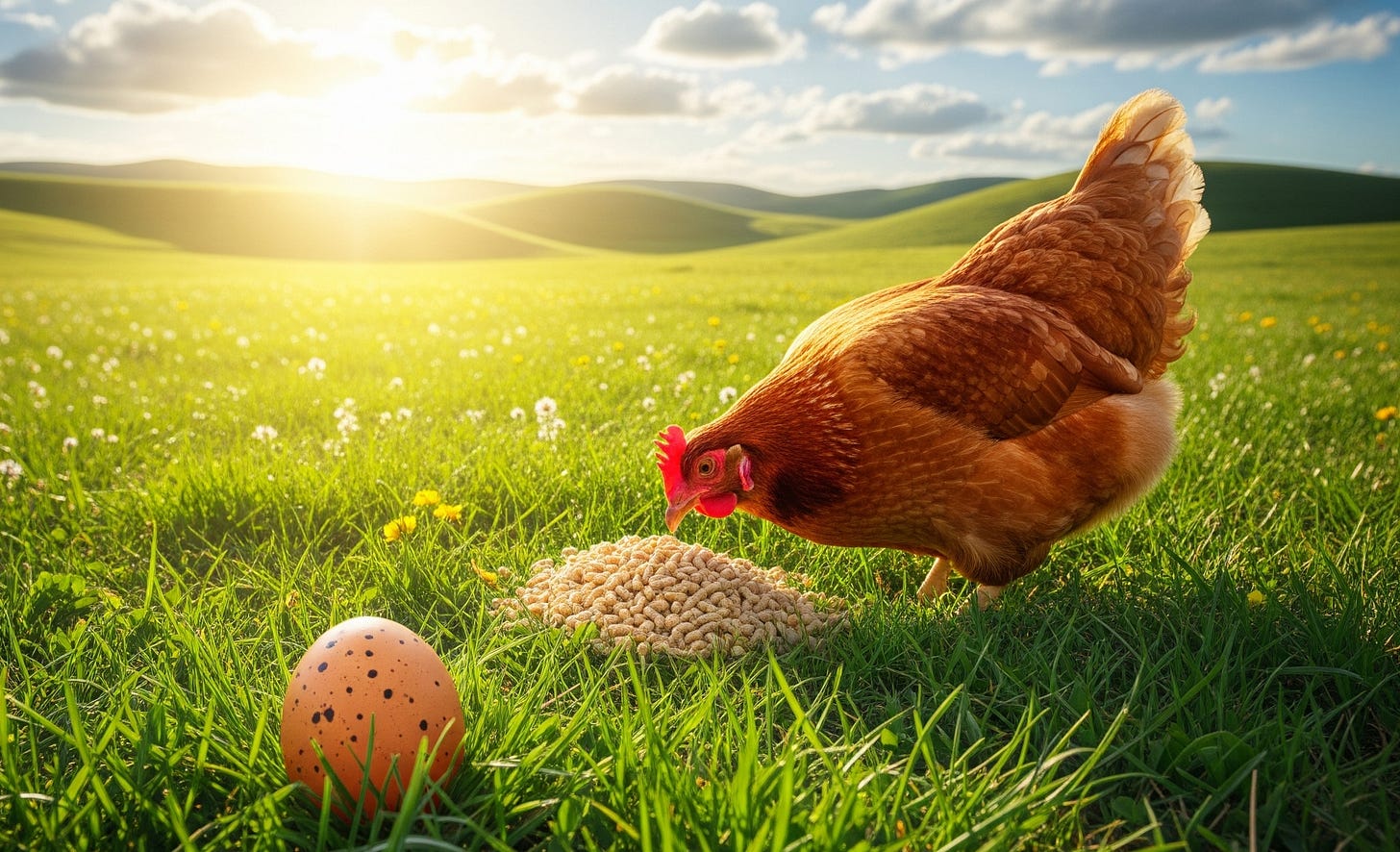NB: This article was written in June 2020. You’d think I wrote it yesterday.
In 2016 and 2017, I was part of a series of classes based on business cases from the Harvard Business School. The CEO of the company I worked with, was a Harvard student and had insisted that we go through her cases once a week. One of the most striking business cases was on a company in Nigeria, and the challenges they had faced in the poultry value chain.
Some facts from the case study. As at 2015, Chicken prices in Nigeria were 30 to 100% higher than in the US, EU or Brazil. A major driver of this cost was chicken feed. Nigerian demand for chicken was some 1.3 million metric tones while production was between 300,000 to 400,000 metric tones so there had to be a black market.
Feed makes up 65 - 80% of broiler production cost. Feed in Nigeria is double global prices. Typical broiler feed mix was made of 58% Maize. Nigerian maize sold at double the average world price. Maize yields per hectare was 2 MT vs 3.8MT for South Africa and 11 MT for the USA. Amongst other things, Maize yields were low because the typical Nigerian farmer applied 5.5kg of fertilizer per hectare versus an optimal 50-100kg. Only about 19% of maize farms were fertilized at all in 2010.
Since we are talking about chicken, feed, maize and fertilizer. I did a short study on Brazil.
Chicken: Second highest producer in the world. 6.3 billion dollars in chicken exports in 2019. 13.6 million tons produced in 2019.
Feed: Chicken feed is made up of 70% corn and soybean. third largest feed producer in the world.
Maize: Brazil produced 106 million tons of corn in 2019. It's the world's third largest producer.
Fertilizer: Brazil has a major fertilizer short fall. Worse than Nigeria.
How does Brazil solve her fertilizer problem?
In 2018, Brazil imported 76% of her fertilizer needs, some 8.7 million tons. This cost her 8.62 billion dollars. In contrast, Nigeria's fertilizer consumption in 2017 is 1.56 million tons.
The world's biggest chicken exporter, the world's third biggest feed and maize producer, imports 76% of her fertilizer needs. Nigeria that cannot produce enough of chicken or feed or maize to feed herself may have to look again at her approach.
So how does the Nigerian government solve her poultry value chain problems.
Ban Chicken imports
Ban Maize imports
Ban fertilizer imports
State-control of fertilizer supply chain
I don't have all the answers but this is not how to solve a chicken problem.
Alvarez, Jose, and Natalie Kindred. "Chicken Republic." Harvard Business School Case 516-052, December 2015. (Revised April 2019.). https://www.hbs.edu/faculty/Pages/item.aspx?num=50241



